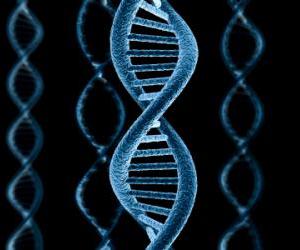
Genetic finding may provide clues for higher male autism incidence
News Medical Net
Email successfully sent
close windowUCLA scientists have discovered a variant of a gene called CACNA1G that may increase a child's risk of developing autism, particularly in boys. How the gene contributes to higher autism risk remains unclear, but Dr. Stanley Nelson, professor of human genetics at the David Geffen School of Medicine at UCLA, emphasized that it cannot be considered a risk factor on its own. The UCLA team's next step will be to sequence the gene in people who possess the altered variant in order to identify the exact change that increases autism risk. These subtle variations offer potential markers for the real mutation causing greater susceptibility to the disease.
Related Articles
Easter Seals' Living with Autism Study
In cooperation with the Autism Society of America, Easter Seals surveyed over 2,500 parents of children with a ..
Citalopram study shows no autism benefits
A study, published June 1, 2009 in the Archives of General Psychiatry, showed that the popularly prescribed an ..
Multi-year divide between possible and actual autism diagnoses
A key success factor for helping those with autism better cope and interact in the world is early identificati ..

